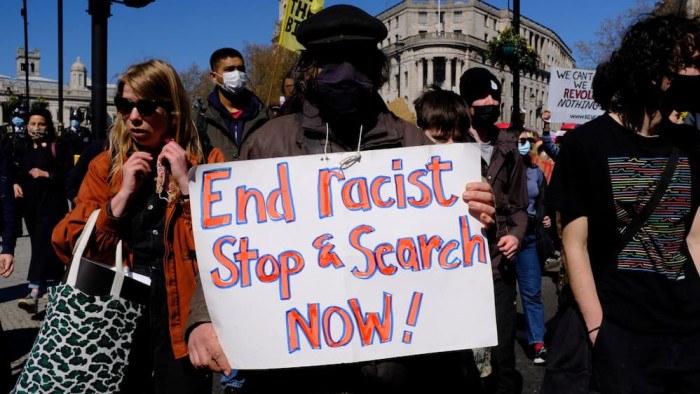
The UK Government has today lifted restrictions on how the police use stop and search powers, under Section 60 of the Criminal Justice and Public Order Act. The policy change means that the police do not have to have reasonable grounds of suspicion in order to carry out a stop and search where they think violence ‘may’ rather than ‘will’ take place.
Griff Ferris, Senior Legal and Policy Officer at Fair Trials responded:
“The British government is taking us even further towards a police state with these latest authoritarian and racist police powers.
“They have already given the police draconian new stop and search powers under the Police, Crime, Sentencing and Courts Act, and last week proposed further powers that would target people who exercise their right to protest.
“Today’s announcement to further relax restrictions on stop and search will undoubtedly have a disproportionate impact on racialised communities. Stop and search is an ineffective, racist policing strategy used to target predominantly young black men, with three quarters of searches leading to no further action. It does nothing to promote public safety.”
The changes also mean that stop and search powers can be in force for a longer period of time and that lower ranks of officers are able to authorise their deployment. Requirements to publicly communicate with affected communities in advance have also been removed.
The Government has claimed the powers are needed to tackle knife crime. Ferris added: “The government should look at the complex social factors behind serious violent crime and address its root causes, rather than contributing to it with more violence and harm.”
Read our response to the proposed increase of stop and search powers to restrict the right to protest, announced in the Queen’s Speech last week.


